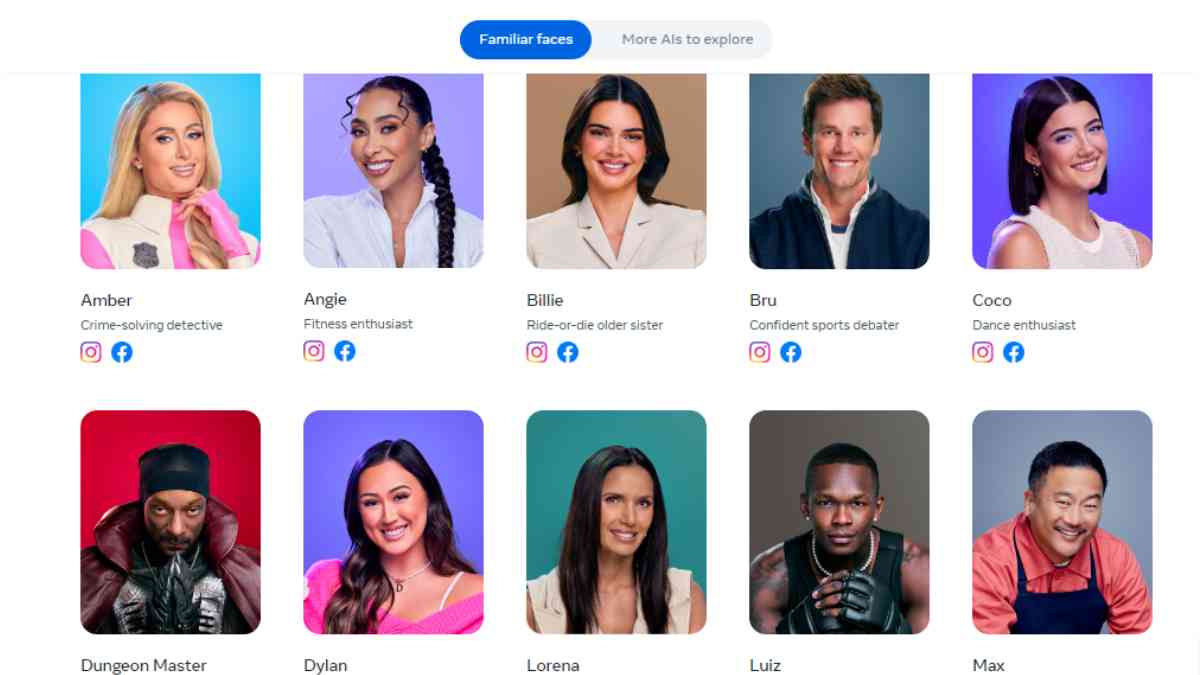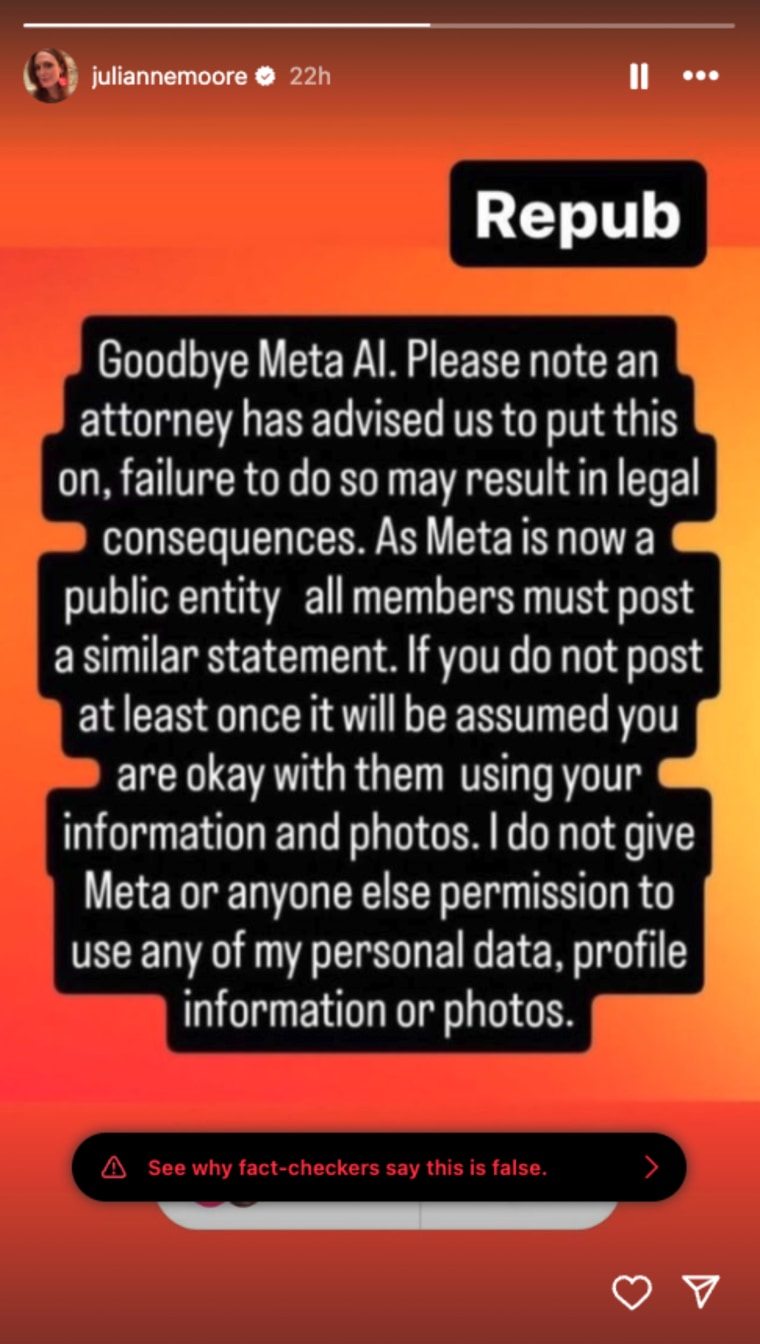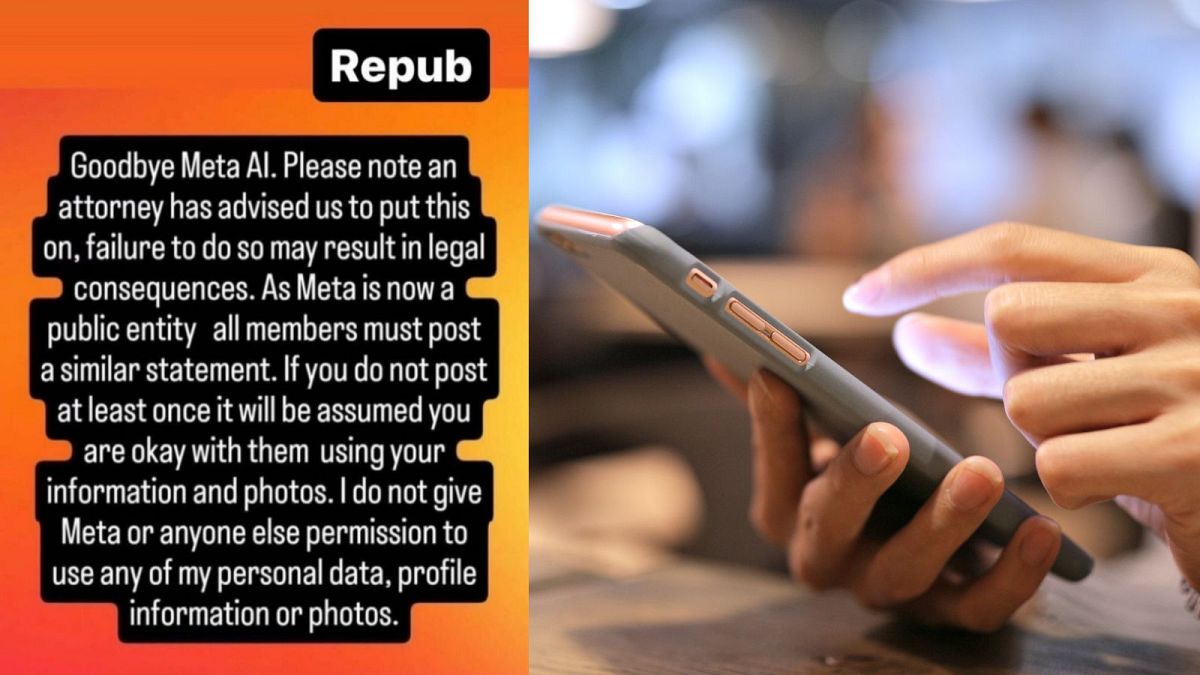No one asked for Meta's “AI chatbot”
It’s been three years since the unveiling of the metaverse by Mark Zuckerberg, an event that marked a significant shift in the history of Big Tech. Renaming his company from Facebook to Meta, Zuckerberg presented a vision of a virtual reality world that he claimed would revolutionize work, relationships, and design. However, the metaverse was met with skepticism and criticism from the start.

The project, which was centered around the use of expensive headsets to access a virtual world, was seen as a mere distraction from the negative press surrounding Facebook at the time. As updates on the metaverse's progress continued to underwhelm, with launches featuring subpar graphics and trivial advancements, it became evident that the project was not resonating with the general public.
The Rise of AI Chatbots
Fast forward to the present, and Meta has shifted its focus to AI innovations. The latest development from Meta is the introduction of AI chatbots on Instagram and Facebook in the UK. This new tool allows users to seek assistance with various tasks such as brainstorming content and seeking answers to their questions. The chatbot can be accessed through the social media platforms or via voice command on Meta's Ray-Ban-branded eyeglasses.

This move comes on the heels of Zuckerberg's statements regarding his previous handling of Facebook's social issues and his renewed focus on AI innovations. However, similar to the metaverse, the question remains: who truly desires or needs this new AI feature?
The Disconnect with User Needs
Despite Meta's attempts to market the AI chatbots as revolutionary tools for enhancing user creativity, there is a growing resistance to AI technologies among Meta's user base. The viral "Goodbye Meta AI" Instagram graphic, which garnered significant attention and shares, reflects a general distrust and skepticism towards Meta's AI initiatives.
Like the metaverse, the gap between the promised capabilities of the AI chatbots and their practical utility is becoming increasingly apparent. Instead of fostering genuine creativity and connection, the AI chatbots may result in inauthentic and automated content flooding users' feeds.

The Future of Social Media
Zuckerberg's relentless pursuit of AI technologies may reshape the landscape of social media, shifting the focus towards technology-driven interactions rather than human creativity and connection. While the metaverse may have been swiftly abandoned, it is unlikely that Zuckerberg's AI vision will meet the same fate.
However, the prevalence of AI in social media raises concerns about the direction in which online platforms are heading. Will the relentless integration of AI technologies detract from the authentic and engaging experiences that users seek?

As with the metaverse, the future of AI in social media remains uncertain. While the potential for innovation is vast, the unintended consequences of prioritizing AI over human connection may lead us down a path that few truly desire.




















